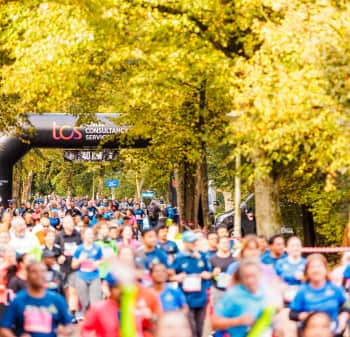
Frank Shorter: The Elegance of the Marathon
Franck Shorter, the Laid-Back Marathon Man
Franck Shorter, a legendary figure in American athletics 🇺🇸, was born in 1947 in Munich, Germany, where his father was stationed with the U.S. Army after World War II. He is celebrated as an exceptional runner. Shorter made his debut in 1971 at the Fukuoka Marathon in Japan 🇯🇵, then one of the most prestigious marathons worldwide. He won the event four consecutive years (from 1971 to 1974), marking the beginning of an illustrious career that peaked with a gold medal at the 1972 Munich Olympic Games marathon 🥇.
"An impostor, yet a flawless champion"
The gold medal 🥇 won by Frank Shorter during the marathon at the 1972 Munich Olympics stands as one of the most iconic moments in the history of American athletics 🇺🇸. On that day, Shorter dominated the race from start to finish, setting his own pace with remarkable determination. Despite the pressure and heat 🥵, he managed his effort perfectly, demonstrating a running style grounded as much in mental endurance as physical. Reflecting on his memories, he explains: "Throughout the second half, I kept following my pace. I had the talent to start fast, alone, and endure the pain.” However, the arrival at the Olympic stadium 🏟️ took an unexpected turn. To everyone's surprise, an impostor managed to enter the track before him, momentarily fooling the crowd and commentators. The tense silence in the stadium could have unsettled any athlete, but Shorter, convinced that no competitor had overtaken him, remained focused. He crossed the finish line as a true champion. This victory highlights his clarity and his ability to stay in control of his race, no matter the circumstances. It is this mastery that would make him a marathon legend.

Continued Success: Montreal 1976 and New York 1976
Following his historic victory at the 1972 Olympics, Frank Shorter continued to write his legend in the marathon world. At the 1976 Montreal Olympics, he claimed the silver medal in the marathon 🥈, solidifying his status as one of the era's top distance runners. This performance made him the only American athlete to win two Olympic medals in the marathon event. That same year, Shorter participated in the New York City Marathon. Although he finished second, behind Bill Rodgers, this race marked a turning point in urban marathon history. The event drew public and media attention, contributing to the growth of the "running boom" in the United States. Through his presence and commitment, Shorter played a key role in this evolution.

Frank Shorter left an indelible mark on marathon history with his gold medal at the 1972 Munich Olympics and his silver in Montreal in 1976. His impact goes beyond his titles: he revolutionized the image of the marathoner by showing that a well-managed and strategic race could replace the extreme suffering often associated with the sport. Outside of competitions, Shorter also played a crucial role in the fight against doping by becoming president of the USADA. His legacy, both athletically and morally, has shaped the evolution of the marathon and strengthened the ethics of the sport.
This could also be of interest to you
A next-gen platform helping sports enthusiasts of all levels discover territories and heritage through races tailored to them.
Made in France, between Lyon and Nantes



